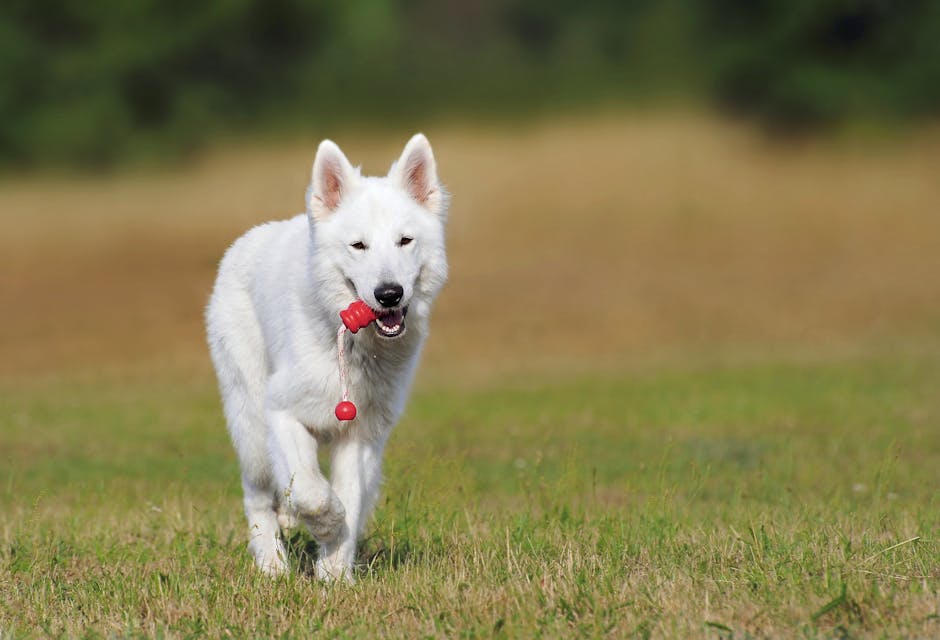As a first-time dog owner, I embarked on a transformative journey of dog training. Determined to create a harmonious bond with my beloved canine companion, I sought guidance from experienced trainers and delved into countless books and articles. Along the way, I discovered invaluable insights and techniques that not only strengthened our relationship but also paved the path to a well-behaved and contented pup.
**The Fundamentals of Positive Reinforcement**
At the heart of effective dog training lies the principle of positive reinforcement. By rewarding desirable behaviors with treats, praise, or playtime, we encourage our dogs to repeat those actions. This approach fosters a positive and cooperative training experience, building trust and strengthening the bond between human and canine.
**Consistency is Key**
Consistency is paramount in dog training. When we establish clear rules and expectations and adhere to them consistently, our dogs learn what is acceptable and what is not. This consistency also provides a sense of security and predictability for our canine companions, reducing confusion and anxiety.
**Timing is Everything**
The timing of our rewards is crucial in shaping our dogs' behavior. By rewarding them immediately after they perform the desired action, we reinforce the connection between their behavior and the positive outcome. This timely reinforcement ensures that they understand exactly what they are being rewarded for.
**Body Language and Verbal Cues**
Effective dog training involves a combination of body language and verbal cues. Hand gestures, eye contact, and physical cues can convey our intentions clearly to our dogs. Similarly, verbal commands provide a consistent and recognizable language for communication.
**Socialization and Exposure**
Socialization and exposure play a vital role in shaping our dogs' behavior. By exposing them to different environments, people, and other animals, we help them develop confidence and learn appropriate social skills. This socialization also reduces anxiety and makes our dogs more well-rounded companions.
**Patience and Perseverance**
Dog training is not a quick fix but a gradual process that requires patience and perseverance. It takes time for our dogs to learn and internalize new behaviors. By remaining patient and consistent, we can help them achieve their full potential and build a lasting bond based on mutual respect and understanding.
**The Power of Professional Guidance**
While self-training can be effective, seeking professional guidance from certified trainers can provide invaluable support and expertise. Trainers can assess your dog's individual needs, develop tailored training plans, and provide ongoing guidance to ensure your dog's progress.
**The Rewards of Dog Training**
The rewards of dog training extend far beyond obedience and good manners. A well-trained dog is a joy to live with, providing companionship, unconditional love, and a sense of fulfillment. The training process not only strengthens the bond between human and canine but also fosters a lifelong relationship built on trust and understanding.
